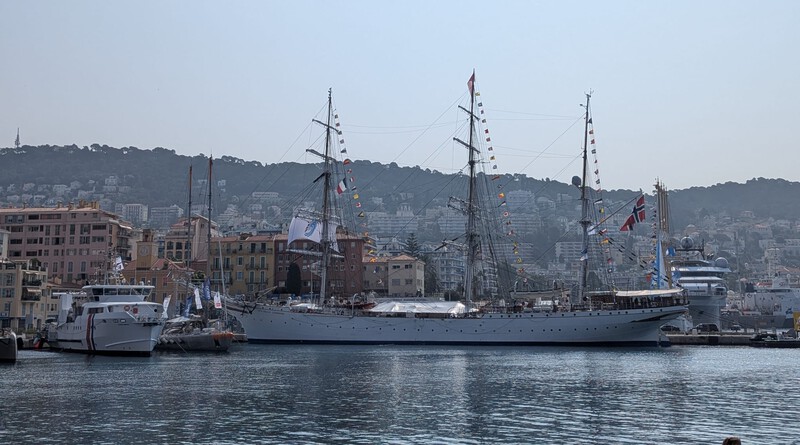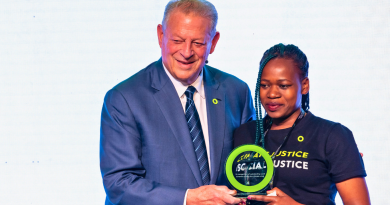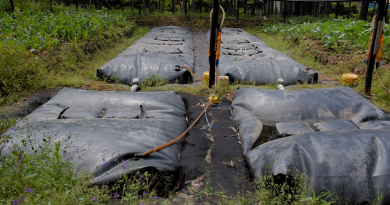“A Plastic-Free Future? UN Trade Chief Backs Bold Treaty to Boost The Blue Economy in East Africa
By Carolyne Tomno
The Secretary-General of the United Nations Conference on Trade and Development (UNCTAD)Rebeca Grynspan, has called for an ambitious global plastics treaty that not only tackles pollution but opens up new opportunities for coastal communities especially in Africa.
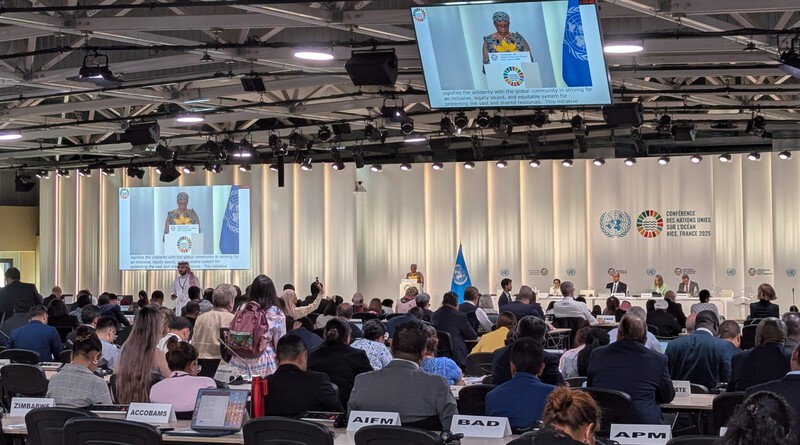
“We must do something ambitious,” Grynspan said in an interview with Journalists on sidelines of the third United Nations Ocean Conference (UNOC 3) in Nice, France,
“There are opportunities to substitute plastic and benefit coastal communities, for example, replacing plastic with seaweed packaging, that would bring jobs and income to those who live by the sea.”
Her call comes at a time when African countries, including Kenya, are seeking solutions to plastic pollution ,a crisis choking rivers, oceans, and coastlines, threatening marine life, tourism, fishing, and the livelihoods of thousands who depend on the sea.
Why the Treaty Matters for Africa
Plastic pollution is a global problem — but Africa feels it deeply. Kenya, for instance, banned plastic bags in 2017 and recently banned single-use plastics in protected areas. However, the region still struggles with plastic waste imports, illegal dumping, and lack of recycling infrastructure.
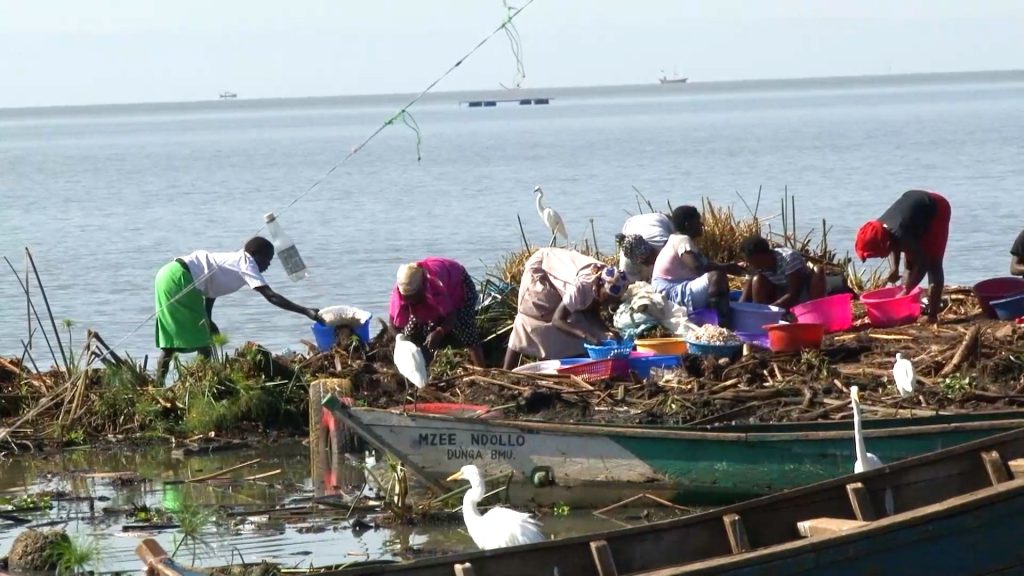
The proposed Global Plastics Treaty, currently under negotiation through the UN Environment Programme (UNEP), aims to create legally binding rules to control the entire
life cycle of plastics ,from production to disposal. Negotiators hope to finalize the treaty by the end of 2025.
But Grynspan warns, “We need a treaty that hears the voices of developing countries. A treaty that promotes sustainability, just transitions, and fair pathways.”
Making the Blue Economy Work
Grynspan believes that East Africa has massive untapped potential in the blue economy ,the sustainable use of ocean resources for economic growth, improved livelihoods, and jobs.
This includes sectors like tourism, fisheries, port logistics, and even seaweed farming. “East Africa has big economic potential if they do it right,” she said. “But they need the right legal frameworks — and the main obstacle is finance.”
To succeed, coastal communities need support to transition to sustainable practices. That means training, infrastructure, and policies that support innovation and protect marine ecosystems.
UNCTAD, Grynspan said, is working closely with governments to design smart strategies and trade policies. “We are here to help governments build the right capacities and work with the private sector and communities so they can meet international standards.”
A Call to Action for East Africa

For East African countries, the plastics treaty is more than an environmental agreement ,it’s a pathway to economic transformation. With the right investment, seaweed and other sustainable materials could become powerful alternatives to plastic, generating income while saving the ocean.
But for that to happen, communities must change how they see the ocean.“We need to change the understanding of ocean sustainability and trade,” Grynspan emphasized. “
This is not just about banning plastic — it’s about opening doors to a better future.”
What’s Next for Kenya and the Region?
Kenya has taken a leadership role in the treaty negotiations, co-hosting major environment events and pushing for stronger rules. But there’s still a long way to go in
terms of implementation, infrastructure, and public awareness.

